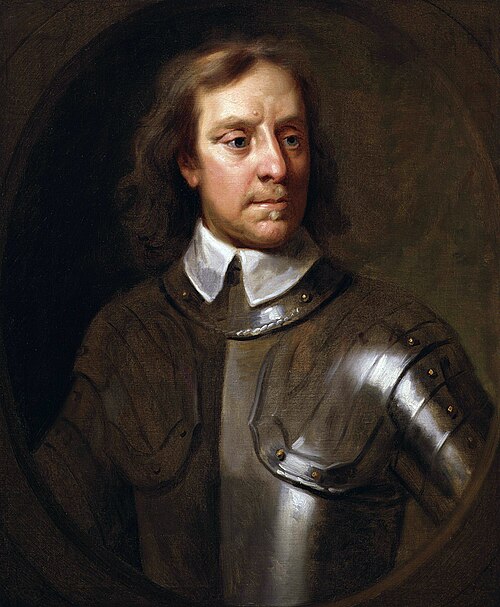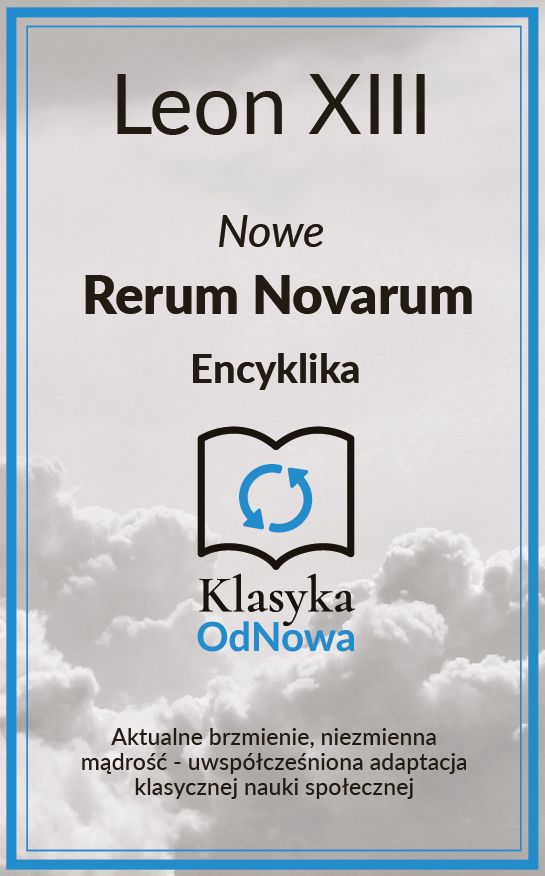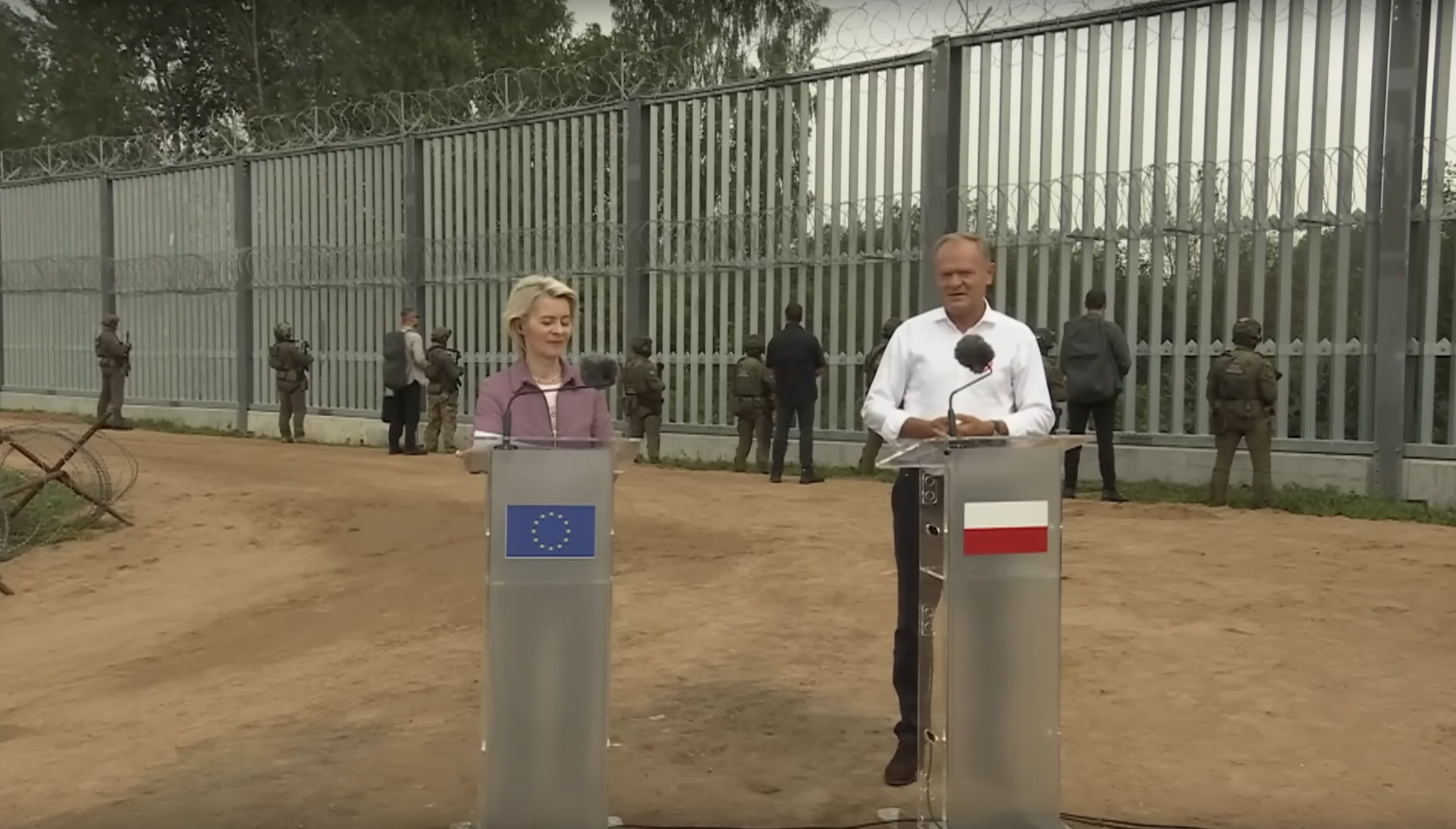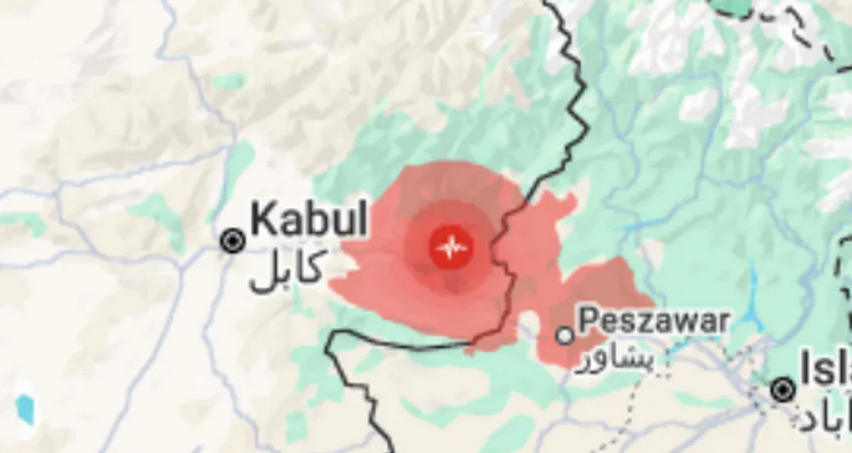Until recently, it seemed that an anti-Christian singer, known by the nickname “Nergal”, could yet bear the work for the deliberate provocations he was eagerly reaching out for. An act of accusation was directed against “musician” due to insulting national symbols. However, law enforcement authorities changed their minds and felt that the scandalist should stay unpunished. “Completely altering the assessment of the above issues while ignoring the Court of Appeal’s position in order to justify the abrupt withdrawal of the indictment against Adam ‘Nergal’ D. for insulting the Polish white eagle may rise suspicions among citizens of the political motivation of the prosecution”, comments experts from the Ordo Iuris Institute.
The Prosecutor of the Regional Prosecutor's Office in Gdańsk withdrew the indictment against Adam “Nergal” D. on the insult of the state mark of the white eagle, on a case launched in 2016. It was then that "Nergal" utilized graphics to advance the fresh album and performance tour entitled "Rzeczpospolita Niewierna" which was the subject of evaluation of courts.
Since the beginning of 2018, the Ordo Iuris Institute has joined the proceedings on the rights of a social organization. In the course of the procedure, the opinion of amicus curiae was submitted, which indicated that the national symbol reworked may have fulfilled the characteristics of the offence referred to in Article 137(1) k.k.
The Gdańsk territory Court twice acquitted the defendants of the alleged acts. In the course of the proceedings, the prosecution twice appealed against, among others, the suspect Adam D. and each time effectively. The Court of Appeal in Gdańsk granted this imagination in its judgement of 5 February. The court expressly decided that the graphic utilized the state mark ‘white eagle’, which is subject to criminal protection under Article 137(1) k.k.
However, the fresh D.A.'s ruling determined the withdrawal of the indictment on this basis. The late July position is according to the lawyers of the Ordo Iuris Institute
gross mistaking of the subject substance and misleading the public. The D.A.’s decision not to act against Nergal explained: “The prosecutor and the defendants remained in dispute on the most crucial issue, i.e. whether this poster was created as a processing of the Polish emblem or white eagle image being part of the emblem, or it was an artistic vision, not referring to the national symbol.”
According to the Ordo Iuris Institute, the activities of the Regional Public Prosecutor's Office, in addition to misleading the public, are straight contrary to the rule of legalism set out in Article 10 of the Code of Conduct, which states that the body appointed to prosecute crimes is obliged to initiate and conduct investigations, and that the public prosecutor besides has to bring and support the prosecution—an act prosecuted on his own initiative.
Law enforcement authorities are not free to do so, and should support the indictment, especially erstwhile the appeal court has expressly ruled against the suspect in the area of legal matters in which the prosecution took uncertainty after 8 years.
Pursuant to Art. 442 §3 of the Regional Court in Gdańsk, to which the case was transferred for retrial (and for which the indictment was revoked by the prosecutor), it is bound by legal considerations and indications which the Court of Appeal in Gdańsk straight referred in its judgment.
Therefore, according to the Institute, there may have been evidence of an excess of powers by public officials, i.e. prosecutors who have decided to revoke the indictment in this case and in this respect the Institute will submit an appropriate notification of the offence under Article 231 k.k.
The actions of law enforcement authorities are in complete contradiction with the findings made by the Court of Appeal in Gdańsk...The prosecutor no longer sees the white eagle from the emblem of the Republic of Poland where the Court of Appeal had no doubt
And so, for example, the prosecutor in the communication points out that: It was so essential to clearly find what a state emblem was and, above all, to measure whether it contained the contested graphics. In the context of this, the Court of Appeal, in its message of reasons, explicitly stated that it shared “the applicant’s view that the white eagle as a symbol of the Republic of Poland is simply a different state mark”. Next: “It does not awaken, in the current state of affairs, in the light of the revealed circumstances, but besides after viewing the poster—that the first graphic sign utilized in the poster and its direct inspiration was the white eagle. This is evidenced by the stretched wings, erect, facing in the right heraldic direction, has 3 rows of feathers, shading feathers on the body and wings, setting and spacing of the darts in the tail, spread the claws.”
This view of the court was shaped, among others, on the basis of 2 opinions of experts in the field of graphics and heraldics.
The Communication from the Regional Prosecutor's Office in Gdańsk besides states that the defendants presented the view of the permitted freedom of artistic communication The Court of Appeal besides referred to specified a view of the defence, which was de facto divided by the Public Prosecutor's Office. In the context of the conflict between Article 137(1) of the Code of Art and artistic freedom, the Court of Appeal indicated: conduct insulting (...) another state sign may besides be drawing up graphics, drawings or caricatures expressing contempt or contempt. However, the fact that the action took the form of an artistic poster (art project) per se does not exclude possible criminal liability for public insult. Article 137(1) of the Code does not exclude criminal liability solely for the reason that the insult occurred in the form of art (video-order of the ultimate Court of 5 March 2015 in Case C-33/K KK 274/14, OSNKW 2015/9/72). The nonsubjective of artistic creation may presume that the object will be insulted as necessary. The literature emphasizes that works of art should be analysed with peculiar care so as not to restrict creative expression by criminal law, unless it clearly exceeds the allowed limits (...).
A further message by the Regional Prosecutor's Office, which runs counter to the Court of Appeal judgement in this case, is contained in the passage: The re-examination of the evidence and allegations of the indictment led to the conclusion that the defendants exercised the right to freedom of expression, guaranteed to all citizens of the Republic of Poland by the standards of Article 54(1) of the Constitution, Article 10(1) and (2) of the European Convention on Human Rights and Fundamental Freedoms, Article 19 of the Universal Declaration of Human Rights, Articles 17 and 19 of the global Pact on civilian and Political Rights.
The Court of Appeal reacted as follows: Ratio legis of the offence with Article 137 refers to the request to defend the dignity of the Polish State by criminalising behaviours which are directed against its signs, in peculiar the symbols of the state laid down in its law. The essence of the attack on the subject of protection in this case is not the abstractly recorded incriminated behaviour with respect to the object or symbol, but the relation between the action of the perpetrator and the content of which the object or symbol is the carrier. This subject of protection is clearly linked to the content of Article 28 of the Constitution, according to which the emblem, colour and anthem of the Republic of Poland are subject to legal protection and to Article 1(1) and (2) of the Act of 31 January 1980 on the emblem, colours and anthem of the Republic of Poland and state seals, which indicates that surrounding the emblem, national colours and national anthem honor and respect is the right and work of all citizen of the Republic of Poland and of all state bodies, institutions and organizations. Thus, in this respect, the Constitution of the Republic of Poland, on the level of Article 31(3), does not give primacy to those provisions of the Constitution which warrant freedom of expression in various aspects of it (there is no alleged countertype of freedom of art), both individuals and mass media (...) It should so be considered that the subject of the protection provided for in Article 137 kk is in accordance with the Constitution of the Republic of Poland, and that the freedom of the individual to act in contesting the values mentioned in that provision is limited and to any degree prohibited. ...
The only issue left by the Court of Appeal in Gdańsk to consider the Court of First Instance was whether there was a public insult, specifically whether the defendants acted with the intention of insulting. The Court of Appeal in Gdańsk pointed out: No uncertainty the subject substance of this procedure is not an act under Article 196 k.k., but only an assessment of the nature of the motifs utilized in the poster cannot automatically consequence in the inability to measure this conduct as devoid of character capable of carrying out the mark of Article 137 §1 k.k. The point is, erstwhile again, that it is essential to consider whether the drawing on the poster could have led to the deprivation of the state mark from the law of respect and reverence. Therefore, the main focus of the considerations essential in this case was whether by modification, change, transformation of the emblem of the Republic of Poland or the state mark, these national symbols were insulted or not."
A complete change in the assessment of the above issues, while ignoring the Court of Appeal's position, in order to justify the abrupt withdrawal of the indictment against Adam "Nergal" D. for insulting the Polish white eagle may rise suspicions among citizens about the prosecution's political motivation.
Ordo Iuris/work. FA


















